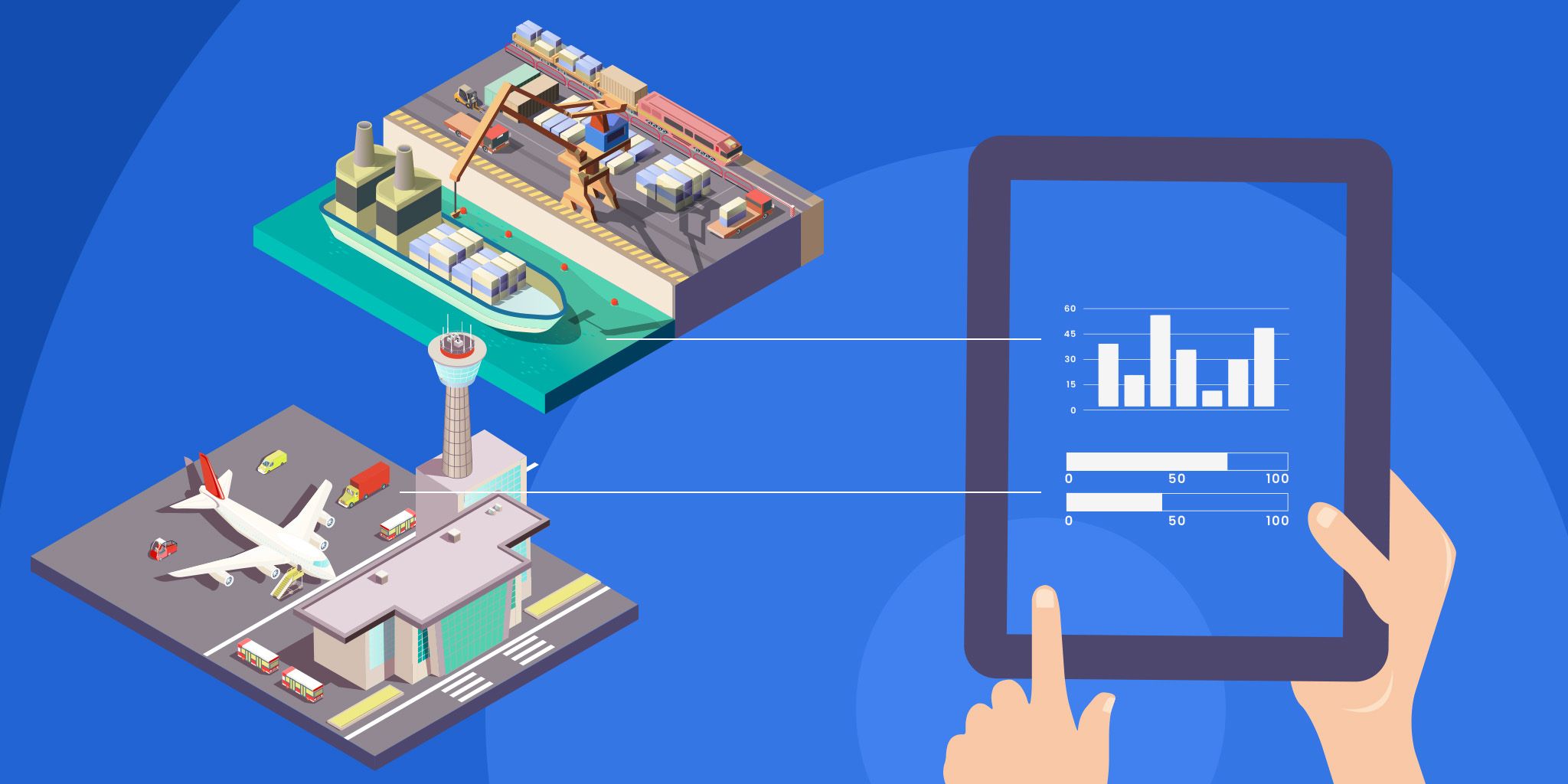How Artificial Intelligence is Reshaping the Aviation Industry
How Artificial Intelligence is Reshaping the Aviation Industry
- Last Updated: December 2, 2024
Guest Writer
- Last Updated: December 2, 2024



Business and technology grow hand in hand. Companies that don't leverage technology for the good of their customers or employees don't often last. Today, Airlines are facing a mountain of problems, and one of them is in implementing technological advancements in their business. Emerging technologies, including artificial intelligence, are reshaping the aviation industry.
Advances in AI are reshaping the future for airlines. Application areas include crew management, flight maintenance, ticketing, and passenger identification. Their objective is the same: a better customer experience.
Artificial intelligence (AI), among the emerging technologies, is still at an initial stage in the aviation business. To date, we can see AI being implemented by airlines for facial recognition, customer Q&A, baggage check-in, factory operation optimization, and aircraft fuel optimization. But, AI has much more potential then these Applications. It can completely revolutionize the way airlines do business. Below are some of those Applications.
, among the emerging technologies, is still at an initial stage in the aviation business. To date, we can see AI being implemented by airlines for facial recognition, customer Q&A, baggage check-in, factory operation optimization, and aircraft fuel optimization. But, AI has much more potential then these Applications. It can completely revolutionize the way airlines do business. Below are some of those Applications.
#1 Crew Management
Everyday airline crew managers have to manage complex networks of people, including flight attendants, pilots, and engineers. Rescheduling any of the crew members can be cumbersome. Multiple factors affect the decision of a manager, such as availability, credibility, certifications, and qualifications of the crew member.
Jeppensen, a Boing company, has solved this problem using AI. Their AI-based crew rostering system considers all the aspects mentioned above and manages crew members efficiently.
#2 Flight Maintenance
Aircraft maintenance is a tough task, and if done incorrectly, it can cost a fortune to the airlines. It requires extensive planning and scheduling. Unplanned aircraft maintenance can result in flight delays or even cancellation. Experts predict that AI, if implemented correctly, can save millions of dollars.
AI-based predictive maintenance is slowly becoming a trend in the global aircraft maintenance market. It will help the maintenance engineers to predict failures before they actually happen. Delta is planning to reduce its number of flight cancellations via AI-based predictive maintenance. According to IBM Watson's TV commercial, AI will also guide the on-field repairing staff and tell them their action items.
#3 Ticketing Systems
Air ticket prices are calculated based on multiple parameters such as oil prices, flight distance, purchase date, competition, seasonality, the brand value of the airline, and more. Some parameters change daily, such as oil prices, which leads to a continuous change in the ticket price.
The AI algorithm is the ultimate solution to this problem. It will help airlines to calculate the most efficient prices for every flight, which will help them remain profitable and provide competitive pricing to their customers.
#4 Passenger Identification
Delta Airlines announced on May 2017, they're going to invest $600,000 to build self-service bag drop machines and kiosks for passenger identification. The kiosk will have a built-in camera that will take photos of customers at the time of check-in and match it with their passport. Both the face recognition and self-service baggage drop-off will leverage machine learning algorithms to perform their tasks.
#5 Customer Service
United Airlines announced its collaboration with Amazon's AI, Alexa, in September 2017. They built a skill for Alexa named "United." Once the customers add the United skill, they can ask any common question through voice commands, such as,
- "Alexa, ask United the status of flight 595."
- "Alexa, ask United to check me in for my flight."
- "Alexa, ask United if flight 675 has WiFi."
Alexa's natural language makes customers feel as if they are talking to a human sales rep.
#6 Simplify Communication
Air traffic control (ATC) is one of the most crucial aspects of all flights. In the case of international flights, the communication between a pilot and an air traffic controller is usually cross-lingual and cross-cultural. Even though both of them use English for communication, their accent might be different, which can create confusion. For example, it can be difficult for an Indian pilot to understand the heavily accented English of a European controller. Moreover, the communication channels of ATCs are noisy, which makes it more difficult for the pilot to follow.
Thanks to Airbus's AI-Gym program, they have been able to develop a machine learning algorithm that would not only clear the noise in real-time but also provide a full transcript of the controller's audio.
Conclusion
The trend has just begun. As the aviation industry continues to adopt emergencing technology like artificial intelligence, they will receive enormous benefits in revenue management, predictive maintenance, flight scheduling, and more. Ultimately, all these benefits will result in one thing, which is at the core of every airline's business: a better customer experience.
Written by Sagar Sharma, CTO at Credencys.
The Most Comprehensive IoT Newsletter for Enterprises
Showcasing the highest-quality content, resources, news, and insights from the world of the Internet of Things. Subscribe to remain informed and up-to-date.
New Podcast Episode

How Drones and Telecom Enable Aerial IoT
Related Articles




